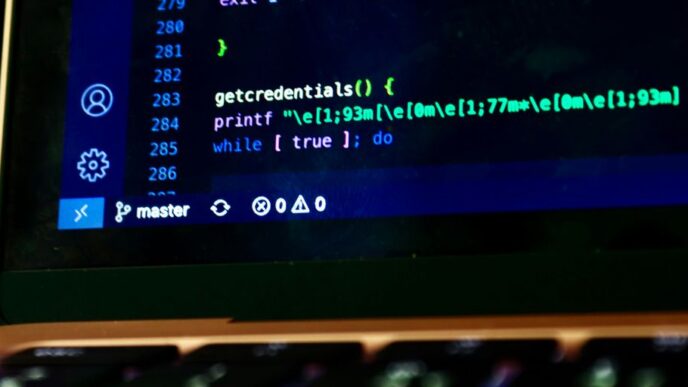Introduction:
The Israeli-Palestinian conflict is a deeply rooted and multifaceted issue, with global implications and complex diplomatic dynamics. The United Kingdom, a historic colonial power in the region, has played a significant role in shaping the Israeli-Palestinian landscape. This article delves into the UK’s position on the Israeli-Palestinian conflict, examining its historical context, recent developments, and the challenges it faces in promoting peace and stability in the region.
Historical Background:
The historical legacy of the British Mandate in Palestine, which lasted from 1920 to 1948, has left a lasting impact on the Israeli-Palestinian conflict. The Balfour Declaration of 1917, which expressed support for the establishment of a “national home for the Jewish people” in Palestine, is one of the key documents that set the stage for this contentious issue.
The UK’s Stand on the Israeli-Palestinian Conflict:
- Support for a Two-State Solution: The United Kingdom, in line with the international community, has consistently advocated for a two-state solution, promoting the creation of an independent Palestinian state alongside Israel, with East Jerusalem as its capital.
- Humanitarian Aid and Development Assistance: The UK has been a significant contributor of humanitarian aid and development assistance to the Palestinian territories. This aid supports health, education, and economic development projects, aimed at improving living conditions for Palestinians.
- Diplomatic Engagement: The UK has been engaged in diplomatic efforts aimed at facilitating peace negotiations between Israel and the Palestinians. It has supported initiatives, such as the Oslo Accords, and consistently urged both parties to return to the negotiation table.
- Recognition of Palestine: The UK, along with other European nations, has recognized the State of Palestine in various forms. However, this recognition has often been symbolic and falls short of full diplomatic relations.
- Promotion of International Law: The UK has consistently emphasized the importance of adhering to international law in the Israeli-Palestinian context. It has expressed concerns over Israeli settlements in the West Bank and East Jerusalem, viewing them as illegal under international law.
Challenges and Complexities:
- Historical Legacy: The UK’s colonial history in the region has led to complexities and sensitivities in its approach to the Israeli-Palestinian conflict. Balancing its historical connections with Israel and its commitments to the Palestinian cause presents challenges.
- Global Diplomacy: The UK, as a permanent member of the United Nations Security Council, has a significant role in shaping international policy on the Israeli-Palestinian conflict. This role comes with responsibilities and the need to consider broader international interests.
- Changing Political Landscape: The UK’s stance on the conflict can vary with different administrations and political shifts. These changes can be influenced by both domestic and global political dynamics.
- Domestic Concerns: The Israeli-Palestinian conflict is a divisive issue within the UK, with public opinion reflecting a wide range of views. The UK government must navigate these opinions while formulating its foreign policy.
Conclusion:
The United Kingdom’s position on the Israeli-Palestinian conflict is marked by historical legacies and complex diplomatic considerations. While the UK officially supports a two-state solution, provides humanitarian aid to Palestinians, and promotes international law, it also manages its historical connections with Israel. As the Israeli-Palestinian conflict continues to evolve, the UK remains an influential player in the international efforts to achieve a just and lasting resolution, recognizing the need to balance historical ties with a commitment to peace, stability, and justice in the region.













